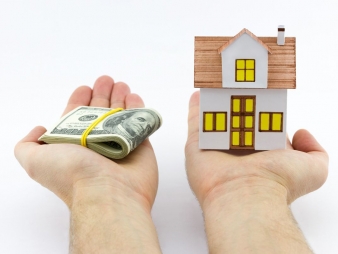The Centers for Disease Control (CDC) and the Department of Health and Human Services have issued an order that effectively halts most residential evictions in a purported attempt to reduce the spread of COVID-19. The order is effective September 4, 2020, through December 31, 2020.
The order states that a landlord is not permitted to evict any “covered person” from any residential property. In order to meet the definition of a “covered person” each adult listed on the lease, rental agreement, or house contract has an obligation to provide a separate declaration to the landlord which indicates, under the penalty of perjury, that:
- The individual has used best efforts to obtain all available government assistance for rent or housing;
- The individual either (i) expects to earn no more than $99,000 in annual income for Calendar Year 2020 (or no more than $198,000 if filing a joint tax return), (ii) was not required to report any income in 2019 to the U.S. Internal Revenue Service, or (iii) received an Economic Impact Payment (stimulus check) pursuant to Section 2201 of the CARES Act;
- The individual is unable to pay the full rent or make a full housing payment due to substantial loss of household income, loss of compensable hours of work or wages, a lay-off, or extraordinary out-of-pocket medical expenses;
- The individual is using best efforts to make timely partial payments that are as close to the full payment as the individual’s circumstances may permit, taking into account other nondiscretionary expenses; and
- Eviction would likely render the individual homeless-or force the individual to move into and live in close quarters in a new congregate or shared living setting-because the individual has no other available housing options.
It is important to note that this order only prohibits evictions for a tenant’s failure to timely pay rent (or similar housing-related payment). Evictions for engaging in criminal activity while on the premises, threatening the health and safety of other residents, damaging or posing an immediate and significant risk of damage to property, or violating any other contractual obligation are still permitted. In addition, the halt in evictions does not cancel the obligation of the tenant to pay rent or comply with the other obligations of the lease. Landlords are still permitted to charge and/or collect fees, penalties, and interest from tenants as a result of the failure to pay rent.
Criminal penalties for violation of the order may include a monetary fine up to $250,000 and/or 1 year in jail. Organizations may be subject to a monetary fine of up to $500,000.
The application, constitutionality, and enforcement of this temporary rule are still to be determined. If you are concerned with how the order may affect your personal or business endeavors, please reach out to your Critchfield attorney or contact any of our offices.


